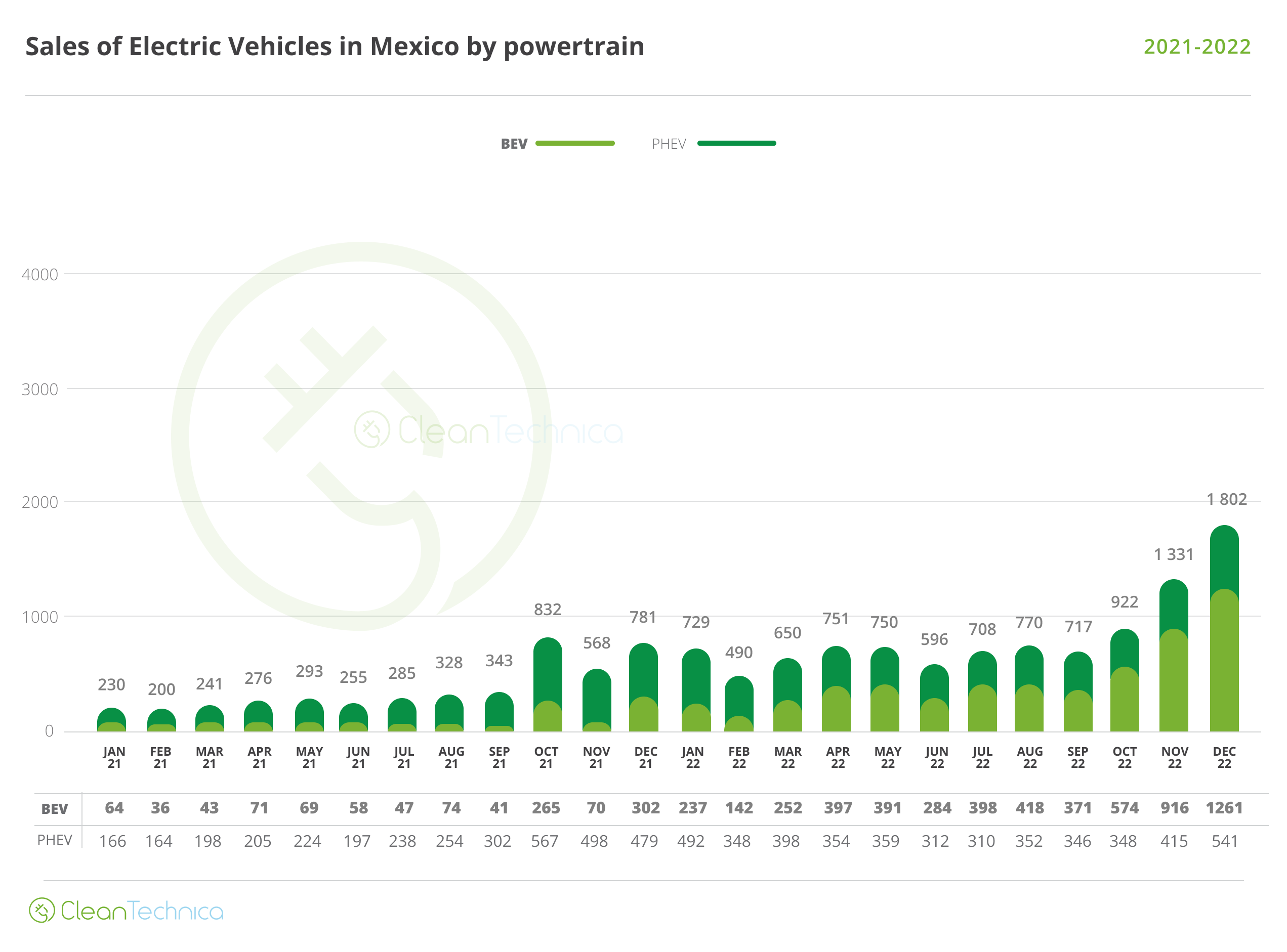
Three prominent US Senators have demanded that the Treasury Department begin to collect and analyze data on the effect of the climate crisis on the insurance industry. The call comes during a summer in which the National Hurricane Center issued its first ever tropical storm watch for parts of southern California, a Category 3 hurricane caused major damage in Florida’s Big Bend region, Canada’s seemingly endless wildfires introduced millions of people across North America to the health hazards of wildfire smoke, catastrophic flooding struck several communities, and moderate to exceptional drought covers 23.5% of the US, including Puerto Rico.
In response, Senators Elizabeth Warren (MA), Chris Van Hollen (MD), and Sheldon Whitehouse (RI) have written to Treasury Secretary Janet L. Yellen and Federal Insurance Office Director Steven Seitz, pointing out that insurance companies have reduced coverage in disaster-prone areas over the past few months. The result? Consumers may become more vulnerable to climate-related financial risks. The letter was shared exclusively with The Climate 202.
The notification was strategically delivered immediately prior to the Senate Banking, Housing, and Urban Affairs Committee’s upcoming hearing on Perspectives on Challenges in the Property Insurance Market and the Impact on Consumers. The Senators admonished the Treasury Department’s Federal Insurance Office (FIO) for its failure to collect comprehensive and transparent data about the impact of climate change on the insurance industry. Such a lapse has left “vulnerable communities, consumers, and the economy at greater risk from the climate crisis — this, despite recent climate disasters highlighting the risks of skyrocketing insurance costs and insurer retreat,” the letter said.
The debacle is real and tangible. As the Senators argued, it is time to take “swift and aggressive action to tackle the climate crisis and protect consumers from climate-related risks.” The dilemma reaches across demographics but hits underrepresented groups the hardest. Hundreds of thousands of consumers have been denied new homeowners’ policies in recent years, and systemic factors make communities of color more vulnerable to climate change.
Homeowners insurance increased by 59% from 2010-2020. As the cost of covering climate change-related damage rises due to an increase in the number and severity of major, destructive, and very costly climate events, insurers are ending coverage in many areas, raising rates on homeowners, and stretching consumers’ ability to afford coverage. Below you will find a snip from a correspondence I received from my insurer in 2022– sorry, but you’re on your own, they basically said, after years in which I passively paid my premiums on time and filed no claims.
It’s a fact. The US property and casualty industry suffered losses of $5 billion in 2021, which ballooned to losses of $26.5 billion in 2022. There have already been 15 confirmed weather/climate disaster events with losses exceeding $1 billion each in the US as of August 8, 2023. That was before Hurricane Idalia, the damage costs of which are still being calculated. Losses are almost certain to exceed 2022 amounts.
Yet the Treasury has been lackadaisical in its efforts to require the insurance industry to disclose information related to climate change-related disasters. Consequently, regulators have incomplete information to draw upon when supervising and regulating firms. All of this leaves consumers uninformed about their real estate risks. The letter reminded the FOI that withdrawals of insurers from natural disaster-prone states are merely a preview of the climate crisis threat and its potential to upturn the long-term economic health of communities around the country.
In 2022, the FIO submitted a proposal to assess any related effects on insurance affordability for policyholders. This data is critical information needed to assess climate risks but is yet to be distributed. The “proposed data collection will assist FIO’s assessment of climate-related exposures and their effects on insurance availability for policyholders,” and help evaluate “whether climate change may create the potential for any major disruptions of private insurance coverage in regions of the country particularly vulnerable to climate change impacts,” the Senators explained.
The growing practice of “bluelining” is on the rise, the letter exposed, with lenders and insurers drawing lines of risk around neighborhoods that are “more susceptible to flooding or any other natural disasters.” Research shows that “historically redlined neighborhoods suffer a far higher risk of flooding today” – placing them at further risk of bluelining tomorrow – in part due to the lack of investment in resilient infrastructure in those communities.
The Senators asked the agency to respond to a list of questions by the end of the month about its plan to solicit data from major insurers “to better assess the impact of climate change on insurance availability and affordability, including in communities that are most vulnerable to the effects of climate change.” While each of the questions was important, the final one hit hard about complicity between insurance companies and the primary cause of the climate crisis:
“Many large insurers are contributing to climate-related financial risks by underwriting and investing in carbon-intensive industries and fossil fuel projects. Will FIO collect and share this information as part of its data call?”
It is all too easy for insurance companies to claim that a lack of profitability makes insuring climate-induced high risk properties untenable. But to neglect to take responsibility for the contributions the insurance industry has had to the climate crisis through their support of fossil fuel industries is beyond unacceptable — it is unethical and corrupt.
Rather shockingly, one source the Senators cited to make their case was the Better Markets Report from August, 2023, which revealed a major untold story behind the climate crisis: today’s climate disaster is tomorrow’s banking crisis. How are we going to get these industries in line to deal honestly and directly with their fossil fuel holdings?

Final Thoughts about Insurance Industry Debacle
“Collecting data from insurers and making it available to the public is essential to helping consumers make informed decisions,” the Senators summarized. This seems hardly too much to ask. Indeed, it is a bare beginning step to assisting homeowners who have invested life savings in a dream home, only to realize that their equity might be lost in just a few hours. Even when insurance is available, the costs have soared beyond homeowners’ abilities to afford them.
As the impact of climate change on insurance costs and availability becomes clear, Treasury and FIO must pursue “with added urgency all available measures to address the climate crisis and its threat to consumers and the stability of our economic and financial systems,” the letter implored.
I don’t like paywalls. You don’t like paywalls. Who likes paywalls? Here at CleanTechnica, we implemented a limited paywall for a while, but it always felt wrong — and it was always tough to decide what we should put behind there. In theory, your most exclusive and best content goes behind a paywall. But then fewer people read it! We just don’t like paywalls, and so we’ve decided to ditch ours. Unfortunately, the media business is still a tough, cut-throat business with tiny margins. It’s a never-ending Olympic challenge to stay above water or even perhaps — gasp — grow. So …





